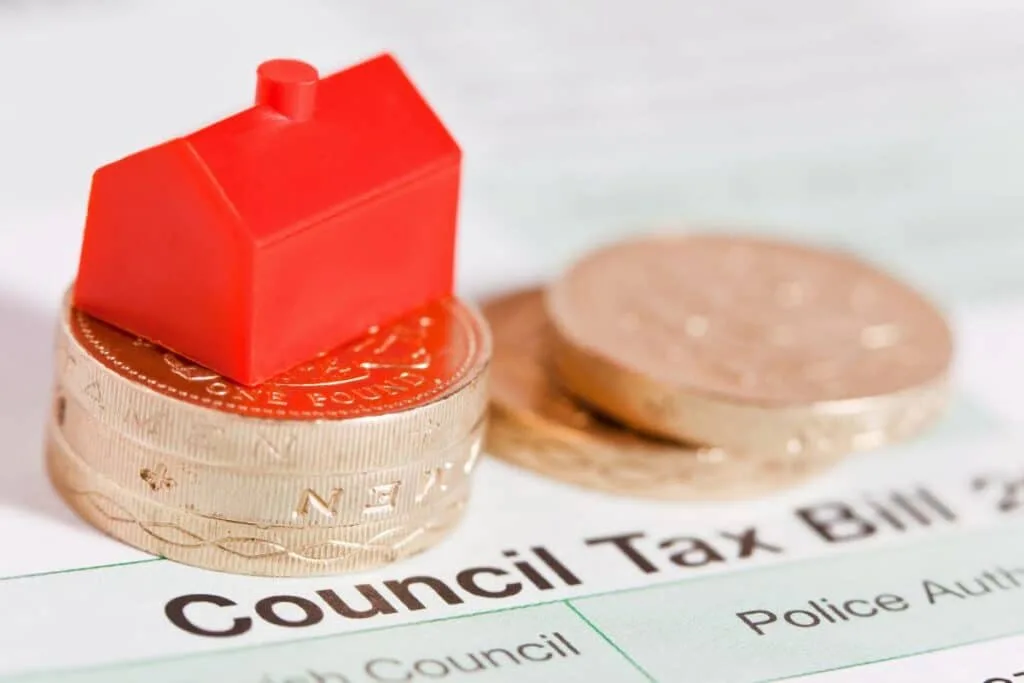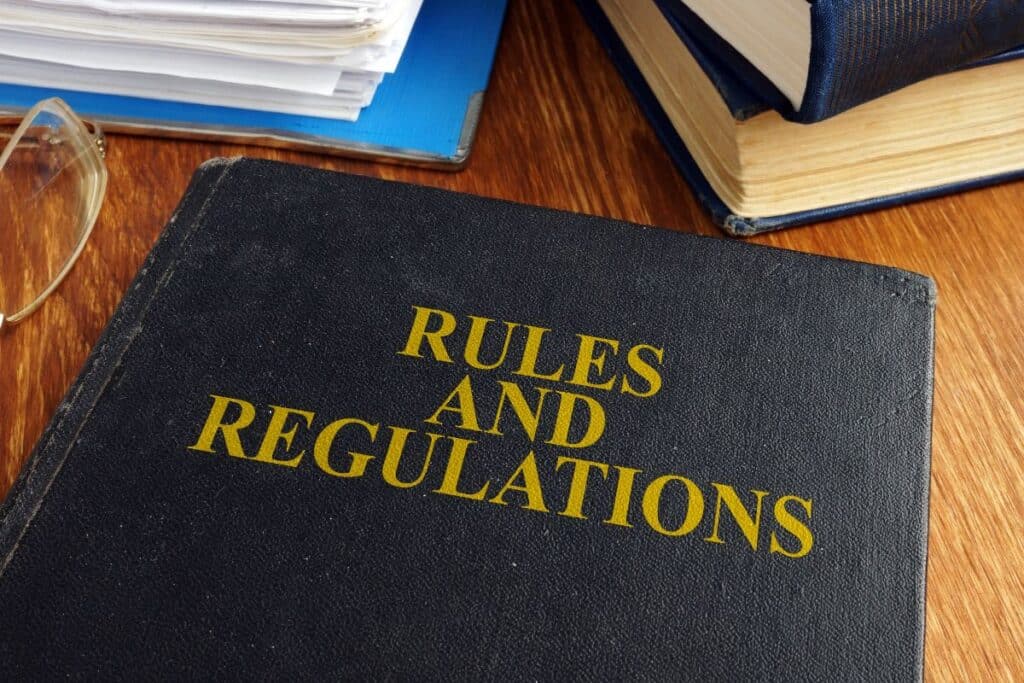
Start your new home journey
Request A Brochure
Book a Park Visit
Do You Pay Council Tax on a Park Home: Understand Your Obligations

Do you pay council tax on a park home?
Living in a park home has its unique charm and benefits. It offers a sense of community and a simpler lifestyle. Yet, one question that often arises is about council tax obligations.
Yes, residents of park homes do pay council tax. The local authority decides how much to charge for this tax, which is based on the park home’s value, and some park homes may fall into lower council tax bands.
For those considering this lifestyle, it’s important to understand the responsibilities that come with owning a park home.
Aside from council tax, you will also have to pay for the pitch where your home is located. The site owner determines this fee, and it covers maintaining the site and renting the land.
Living in a park home can be a cost-effective and cosy living option. However, you need to be aware of the financial commitments, like council tax and other costs, to ensure you can manage your finances appropriately.
Key Takeaways
- Park home residents can be liable for council tax when the home is on a licensed residential park and used as your main residence.
- Most park homes sit in lower council tax bands (often A or B), which can mean noticeable savings compared to larger family homes, but rates vary by local authority.
- Pitch (site) fees are separate from council tax, so budget for both alongside utilities and insurance to avoid surprises.
Understanding Council Tax and Park Homes
Council tax on park homes operates similarly to traditional houses but often with lower rates due to typically lower property values. Council tax bands play a crucial role, and pitch fees also connect to council tax considerations.
What Is Council Tax?
Council tax is a local taxation system on residential properties in the UK. It funds local services like rubbish collection, road maintenance, and education. It is mandatory for most households.
The amount payable depends on the valuation band assigned to the property. Council tax is payable annually, but many councils offer the option to pay in instalments. Discounts and reductions are available for certain circumstances, such as single occupancy or low income.
Council Tax Bands and Park Homes

The valuation office places every residential property in a council tax band. These bands range from A (lowest value) to H (highest value).
Park homes fall into the lower bands, usually Band A or B dependent upon the property value. This makes them a more cost effective alternative to traditional homes, allowing you to reduce your overheads and free up money.
25/26 Council Tax Examples (Band A/B) at Selected Tingdene Locations
Council tax is set by the local authority and varies by area, so the quickest way to estimate your likely bill is to look at your band (often A or B for park homes) and your local council’s 2025/26 charges.
Below are real 2025/26 totals for areas where Tingdene has residential parks (figures shown are the total annual council tax charge for that locality/parish area):
| Park location (area) | Band A | Band B | Band D (3-bed house reference) |
| Ashfield Park (Scunthorpe, North Lincolnshire) | £1,235.53 | £1,441.46 | £1,853.30 |
| Hazelgrove Park (Saltburn-by-the-Sea, Redcar & Cleveland) | £1,619.49 | £1,889.41 | £2,429.24 |
| Oak Tree Park (Attleborough, Breckland, Norfolk) | £1,581.33 | £1,844.89 | £2,372.00 |
| Wixfield Park (Great Bricett, Mid Suffolk) | £1,446.97 | £1,688.13 | £2,170.45 |
Note: These totals can vary slightly by exact address/parish boundary, so always confirm using your postcode on your council’s billing records.
How to Check Your Park Home Council Tax Band
If your park home is on a licensed residential site and used as your main home, checking the council tax band is straightforward, and it’s the quickest way to estimate your likely council tax bill.
- Find your band online (England & Wales): Use the Valuation Office Agency (VOA) council tax band search and enter your postcode/address.
- Scotland: Council tax bands are handled by local assessors (via the Scottish Assessors Association), so you’ll check through your local assessor’s records.
- Northern Ireland: It doesn’t use council tax. Domestic properties are covered by rates, handled through Land & Property Services.
If you can’t find your park home listed, or the band looks wrong, your first step is to contact your local authority (the council that issues your bill). They can confirm how the property is recorded and point you to the right route if you need to query or challenge the band.
Discounts and Support That Can Reduce Your Council Tax Bill
Even if you incur council tax, you may be able to reduce what you pay depending on your circumstances.
- Single Person Discount: if you’re the only adult in the home, you can usually claim a 25% discount.
- Council Tax Reduction (Support): if you’re on a low income or certain benefits, you may be able to reduce your bill (sometimes significantly). Applications are handled by your local council.
Quick Council Tax Savings Calculator (Park Home vs Typical 3-Bed Home)
A simple way to estimate potential savings is to compare your likely park home band (often A or B) against Band D (commonly used as a reference for larger family homes).
Formula:
Annual saving = Band D − your band
Monthly saving = Annual saving ÷ 12
Example savings (2025/26):
| Area | Saving if Band A vs D | Saving if Band B vs D |
| Scunthorpe (North Lincs) | £617.77 /yr (£51.48/mo) | £411.84 /yr (£34.32/mo) |
| Saltburn (Redcar & Cleveland) | £809.75 /yr (£67.48/mo) | £539.83 /yr (£44.99/mo) |
| Attleborough (Breckland) | £790.67 /yr (£65.89/mo) | £527.11 /yr (£43.93/mo) |
| Great Bricett (Mid Suffolk) | £723.48 /yr (£60.29/mo) | £482.32 /yr (£40.19/mo) |
Note: confirm your exact band and council totals with your local authority.
Pitch Fees and Their Relation to Council Tax
Residents of park homes pay pitch fees to the land owner (park operator) in exchange for leasing the land. These fees cover site maintenance and amenities. The Mobile Homes Act of 1983 regulates pitch agreements to ensure fairness.
Although pitch fees are separate from council tax, both combine to form the total cost of living in a park home.
It’s important to budget for both to understand your monthly outgoings and manage your finances. Some local councils might include specific elements of pitch fees in their considerations for council tax support and benefits.
Park Home Ownership Responsibilities
Owning a park home comes with specific responsibilities that must be adhered to. These include abiding by site rules, fulfilling obligations as a resident, and following legal processes when selling or buying a park home.
Obligations of a Park Home Owner

If your park home is on a licensed residential park and you use it as your main home, you’ll usually need to register for council tax with the local authority and follow the terms set out in your pitch agreement (which may be protected under the Mobile Homes Act 1983 on qualifying residential sites).
You’ll also be responsible for your day-to-day running costs, which typically include utilities (such as gas, electricity and water), home insurance, the pitch fee, and your council tax charge based on the home’s band.
It’s always worth understanding these ongoing costs upfront, so you can budget confidently and avoid surprises after you move.
Site Rules and Regulations

Every park home site has its own set of regulations put in place by the site owner to ensure the community’s smooth operation.
These rules may cover aspects like noise levels, maintenance of the home and surrounding area, and limitations on home improvements.
You should familiarise yourself with these site rules before purchasing a park home.
Compliance with these rules is crucial, as it can greatly affect your living experience on the site. Non-compliance can lead to disputes or even eviction in extreme cases.
Selling, Buying, and the Transfer of Ownership

When selling a park home, you have the right to do so without the site owner’s consent. However, the buyer must pay a commission to the site owner, typically 10% of the sale price and must ensure the purchaser is fully aware of the park rules etc.
You may wish to use a solicitor to handle the legal aspects of the sale to ensure everything is compliant with the Mobile Homes Act 2013. It is important to check your solicitor is conversant with current park home legislation before engaging them as the sale process is different to a bricks and mortar home.
This act outlines the procedures and protections for both the buyer and you as the seller, including providing a written statement detailing the pitch agreement and any site rules.
When buying a park home, recognising these responsibilities and regulations is crucial to avoid any legal or financial complications down the line. For further information and assistance please visit https://www.gov.uk/government/publications/park-homes-know-your-rights
Tingdene Residential Park Homes
If you’re considering park home living and want to understand the real monthly costs upfront, the key is to look at the full picture: council tax (where applicable), pitch fees, utilities, and insurance, and to confirm the park is licensed for residential, year-round use if it will be your main home.
If you’d like help exploring your options, Tingdene Park Homes offers residential park home living designed exclusively for over-45s across the UK. Get in touch with our team to request more information, talk through the costs, and find a park that fits the lifestyle you want to enjoy next.
Our Residential Parks
Take your first step to building your perfect lifestyle at a Tingdene residential park
View All Parks